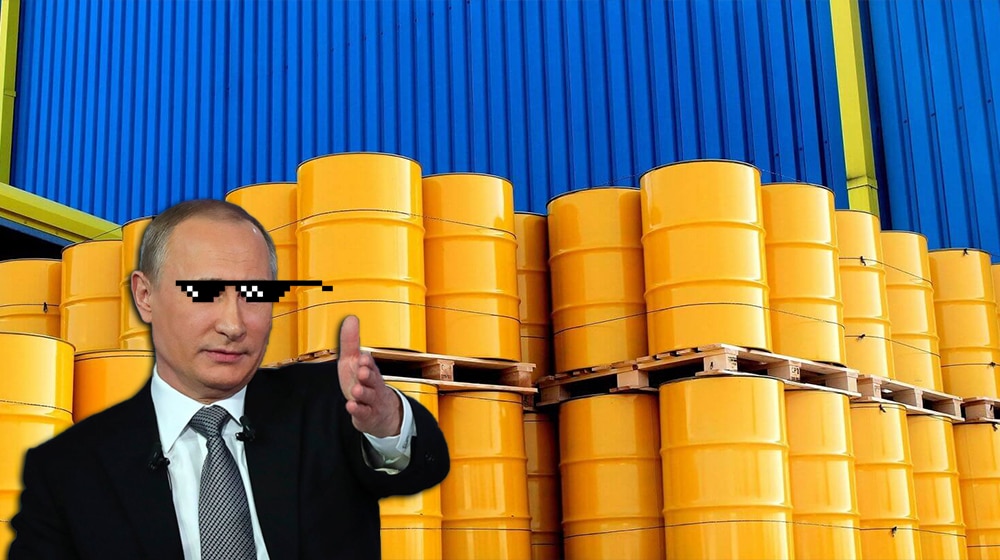Russia has contacted several Asian countries to discuss possible long-term oil contracts at discounted prices as the United States continues to push a plan to cap Moscow’s oil prices, reported Bloomberg.
The preliminary discussions to offer some Asian buyers discounts of up to 30 percent may be a sign that Russia aims to block the Group of Seven discussions about carving out an exception for pending European Union (EU) sanctions on its oil. This plan will make it easier for third parties to purchase Russian crude oil at a low price.
Russia may also be attempting to secure replacement buyers for the oil it is currently selling to Europe, but a few countries, including Indonesia, have voiced their concerns about being hit by US sanctions.
To recall, the EU’s sixth round of sanctions in response to the invasion of Ukraine includes a ban on Russian oil, as well as the use of EU companies for insurance and financial services by third countries. This ban goes into effect on 5 December but the US is concerned that the current framework will significantly raise oil prices and provide Russia with windfall profits.
Some European countries have backed the idea of exempting oil sold under an internationally set price cap from the sanctions, but others have said such a system will only work if significant Asian purchasers of Russian oil agree to participate.
The positions of most Asian countries on the plan are unclear but only a few have publicly expressed support. People familiar with the Indian energy sector revealed that India is hesitant to join the price-cap scheme because its industry is concerned that it will lose out to other buyers on the opportunity to buy discounted Russian crude.
Officials moving the plan hope to have it in place before the EU imposes oil sanctions in early December. Western leaders have argued that a price cap would deprive Russian President Vladimir Putin of much-needed revenue while also keeping global oil prices low as EU sanctions take effect.
G-7 officials are still working on how the price-cap will be set. Supporters of the plan argue that even if major countries do not formally join a price-cap coalition, the arrangement could help drive down Russia’s revenues because those countries would gain additional leverage with Moscow to negotiate more favorable oil contracts.
To implement the price-cap plan, the EU needs to amend its sanctions package, which was only approved after a lengthy and contentious debate last spring.
Perhaps one of the biggest hurdles in the EU’s way is Hungary, which has maintained closer relations with Russia. The landlocked country has so far managed to stall the agreement for weeks as the EU attempted to initiate a plan for targeting Russia’s energy sector. According to international reports, Budapest has indicated that it will oppose any oil price-cap, indicating yet another potentially awkward political battle.





















